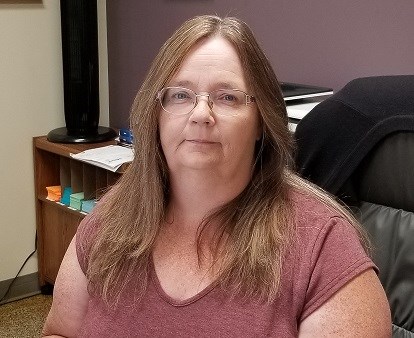When Lisa Carrothers joined H&R Screw Machine Products (Reed City, Michigan) as the quality assurance manager, she turned to outsourcing audits for the machine shop’s quality system because she was not trained to do the audits herself. Since then, she has used outside auditors for her systems without regrets. Here are 10 reasons she gives in favor of outsourcing internal audits that she hopes will give others pause to consider doing the same.
- It provides a fresh set of eyes. Because an internal auditor is working with the same process day in and day out, that person is more likely to be blind to issues in the process. However, an external auditor’s new perspective often leads to the sharing of new ideas.
- Outside auditors are completely trained to audit. They are not responsible for other jobs like most in-house auditors are. They have one job and that is to get a system audited in a certain amount of time, so they are knowledgeable, quick and efficient.
- Outside auditors act as consultants. Outside auditors are only a call or email away. “I can reach out to the auditor and say, I’m thinking about doing this, what do you think?” Carrothers says. “I’ll then hear everything I need to know.”
- It is not necessary to train an in-house auditor. Training a lead auditor is time intensive as well as expensive to receive a certification to do in-house audits. Carrothers adds it is difficult to know their level of understanding of the training and ISO requirements, too.
- Constructive criticism is often better received from an outside source. Upper management might not take news of a failing system, for instance, well from an employee. However, if an outside source is relaying “bad news,” they might take it more seriously. “And then all I need to do at that point is talk with them about how we're going to fix it,” Carrothers says. “I don't have to try to explain the problem anymore.”
- Outsourcing does not take time away from an employee’s job. Internal auditors generally have other projects to focus on within a machine shop. So, when they need to focus on auditing for a few days out of the year, it takes them away from their regular duties and managing their people, and can add stress to their jobs.
- Audits can be scheduled a year in advance. “When my auditor is here to audit for the year, we also schedule next year’s appointment,” Carrothers explains. “There was a time when auditors were hard to come by, but for me it was easy because I already had that commitment on next year’s calendar.”
- The outside auditor provides a better understanding of ISO requirements. The professional auditor can answer all questions related to ISO regulations and how the requirements work within a particular system. He or she can walk shop employees through how to read ISO specifications and what they mean. “I have a better understanding of my ISO requirements now that I work with an outside auditor,” Carrothers explains.
- Dishonesty is not a concern. Unfortunately, there are internal auditors who are dishonest about the auditing process. He or she can try to hide problems within a process they are responsible for because they do not want to admit fault. But, when an outsourced auditor pays a shop a visit, he or she is going to be completely honest and offer suggestions for improvement.
- It is a no-stress process. Because an audit needs to be completed in a certain amount of time, it can be stressful on a team when the auditor is also in-house. However, when an outsourced auditor is responsible for it, it takes the stress away. For one, there is no time crunch. Second, he or she reviews documents prior to the visit, then initially spends an hour or so with the shop point person. After that, he or she works independently for about two days on-site. After the audit and before the auditor leaves the shop, findings are discussed with management.
Carrothers says she hires a new auditor every three years to guarantee a new perspective on H&R Screw’s quality assurance system. To find auditors, she contacts her local registrar to request a list of auditors available in the area.
About the Author
Lisa Carrothers has been employed with H & R Screw Machine Products Inc. for over 25 years. She was promoted to quality assurance manager in 2014 and has been privileged to serve on the PMPA Quality Committee since 2016.
RELATED CONTENT
-
Good Bonding and Coating with Contact Angle Measurements
Darren Williams answers common questions about using a contact angle measurement to determine part cleanliness. Using water to test cleanliness reveals the effectiveness of a cleaning process.
-
What Machine Shops Should Know About Material Bar Straightness
Many operations require a high degree of bar straightness, especially when the material is to be presented to a machine by a bar feeder. For that sector of the market, the following is a brief review of the steps your bar supplier can take to ensure positive results.
-
4 Advantages of Acquiring Another Machining Business
Opportunities to expand CNC machine shop businesses via acquisition come with advantages that manifest themselves in terms of customers, employees, production technologies and business practices.
.png;maxWidth=970;quality=90)




